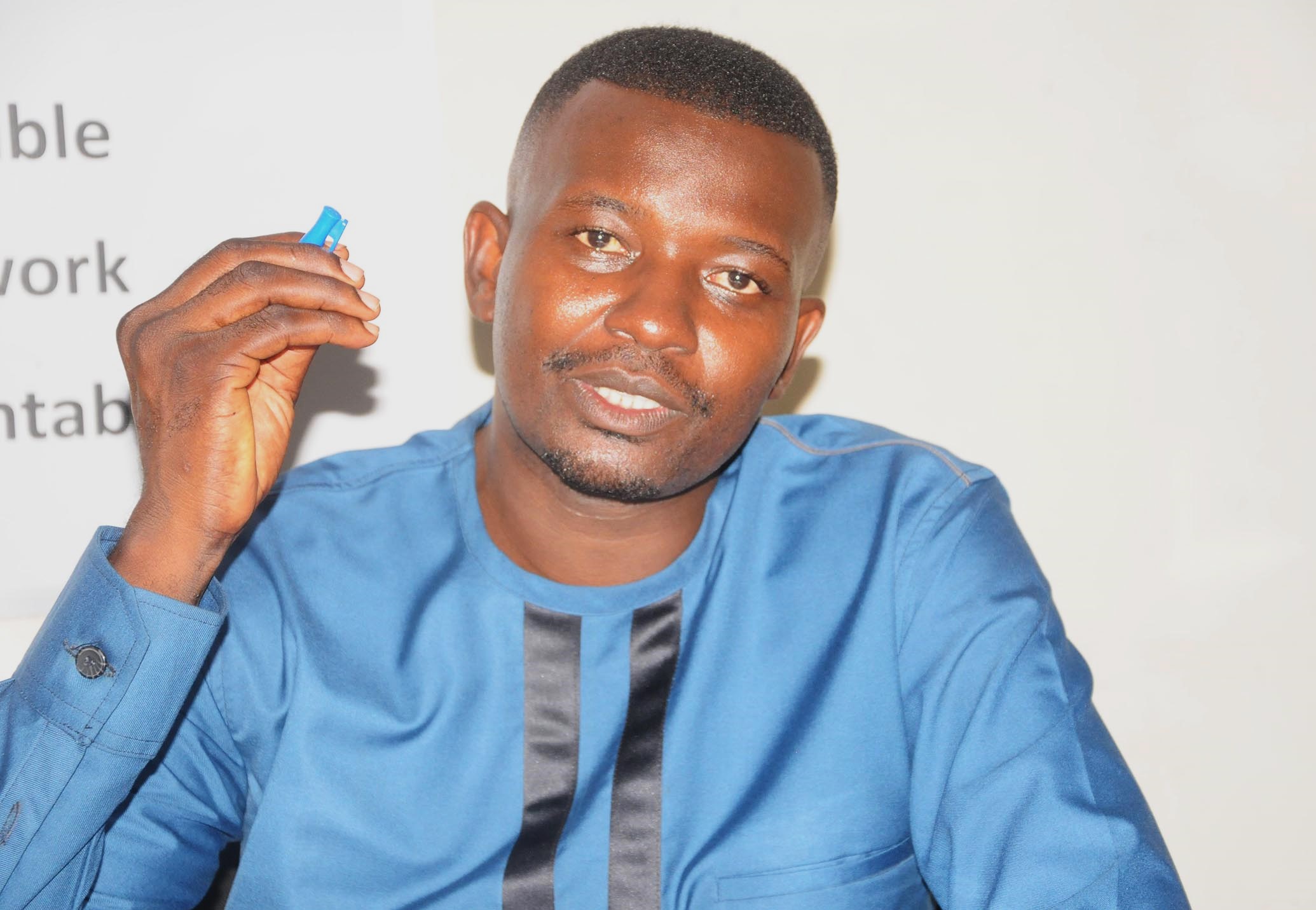Traders protesting unfair taxes and Uganda Revenue Authority (URA)’s Electronic Fiscal Receipting and Invoicing Solution (EFRIS) have agreed to reopen their shops as their leaders continue to consult further with the government.
This was after Mr. Museveni directed URA to suspend all penalties against the traders for the meantime to give room for wider consultations, according to State House.
The development follows a Friday meeting between President Museveni and 61 leaders of the traders from Kampala and upcountry at State House Entebbe.
The delegation of traders was led by Mr. John Kabanda, the leader of the Federation of Uganda’s Traders Associations (FUTA) and Thaddeus Agenda Musoke, the leader of Kampala City Traders Association (KACITA).
“The discussions mainly centered on the taxation levied on their businesses, especially the EFRIS system. During the meeting, the President informed the traders that he will meet the technocrats from the Ministry of Finance, Planning and Economic Development and URA on the April 24, 2024 for wider consultations. The President also noted that he will then meet with all the traders on May 7, 2024 at Kololo Ceremonial Grounds,” reads part of a Friday evening statement issued by Mr. Museveni’s press team.
During the meeting, the leaders of the traders told Mr. Museveni that the tax on textiles calculated based on kilograms was high, that manufacturers who engage in wholesale and retail leave no room for traders to do business, resulting in unfair trade.
They also said the Electronic Fiscal Receipting and Invoicing Solution (EFRIS) which they claim is not suitable for most of them and when they don’t use it they are penalized that the threshold for Value Added Tax (VAT), which is currently an annual turnover of Shs 150m, should be increased, among others.
Hours after the meeting, Mr. Museveni who has been boasting of a booming economy, better than he found in 1986 when he shot to power and there was scarcity of goods and services, took to his X handle to ask whether traders want to build Uganda or other countries by trading in goods produced by them.
“Must we continue to cause a hemorrhage of the little that we have made through agriculture and other sectors by sending our money outside? Uganda should not be a supermarket for other countries. I have asked the traders to give me time to research more and consult the technocrats on all the concerns they raised. I will then meet them all on 7th May, 2024, at Kololo to discuss further. In the meantime, I have directed that URA refrain from issuing penalties and recovering any penalties that have already been issued, but taxpayers must continue to pay their taxes as usual. It is good they have agreed to open up their businesses as we continue to find solutions to the issues raised,” the president Posted.
The meeting followed a strike by traders who closed their businesses, expressing their discontent against URA’s implementation of the EFRIS.





